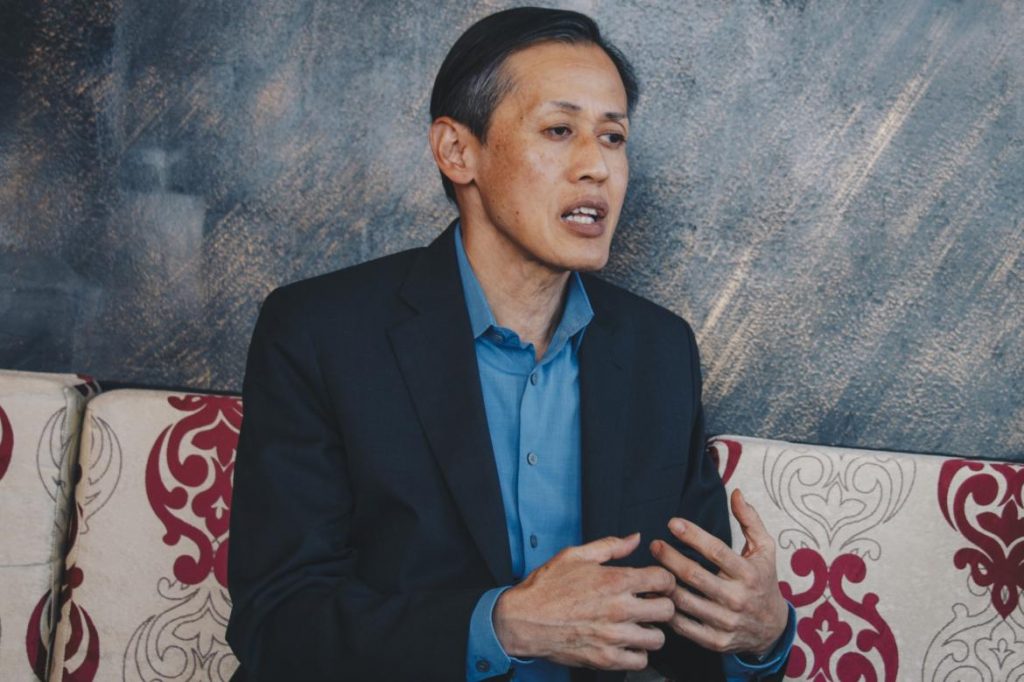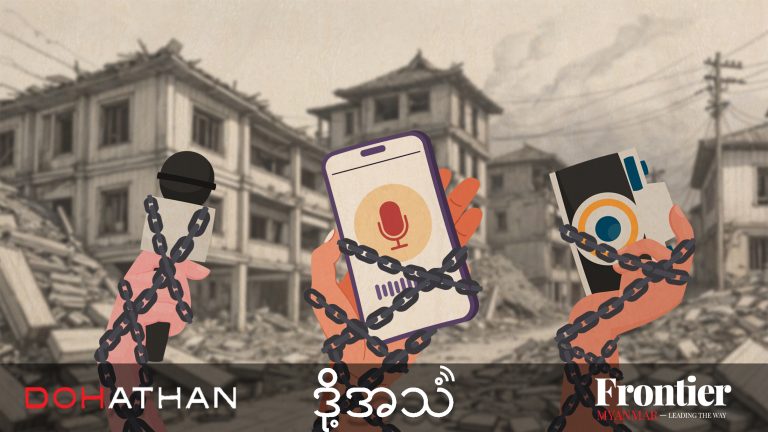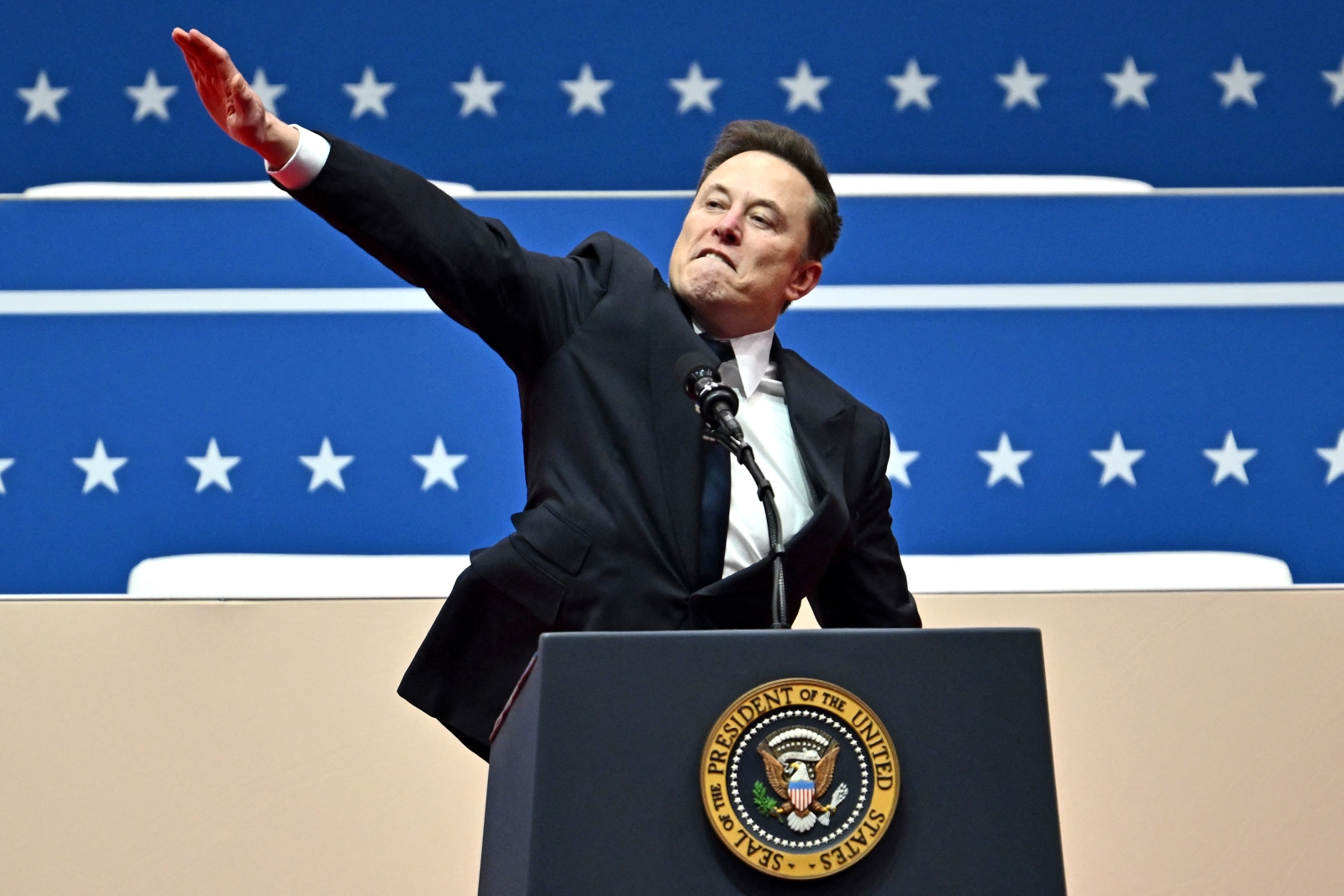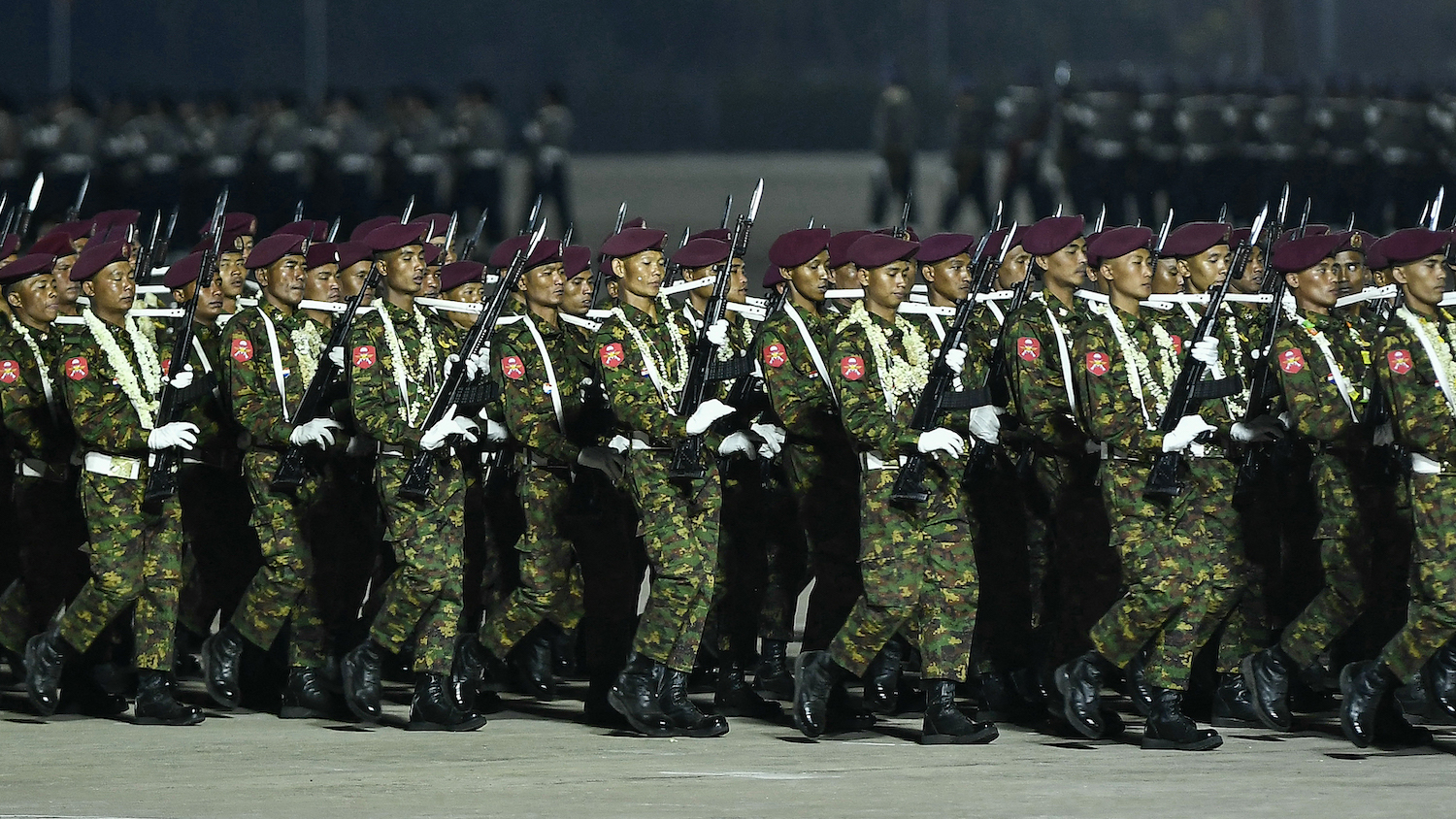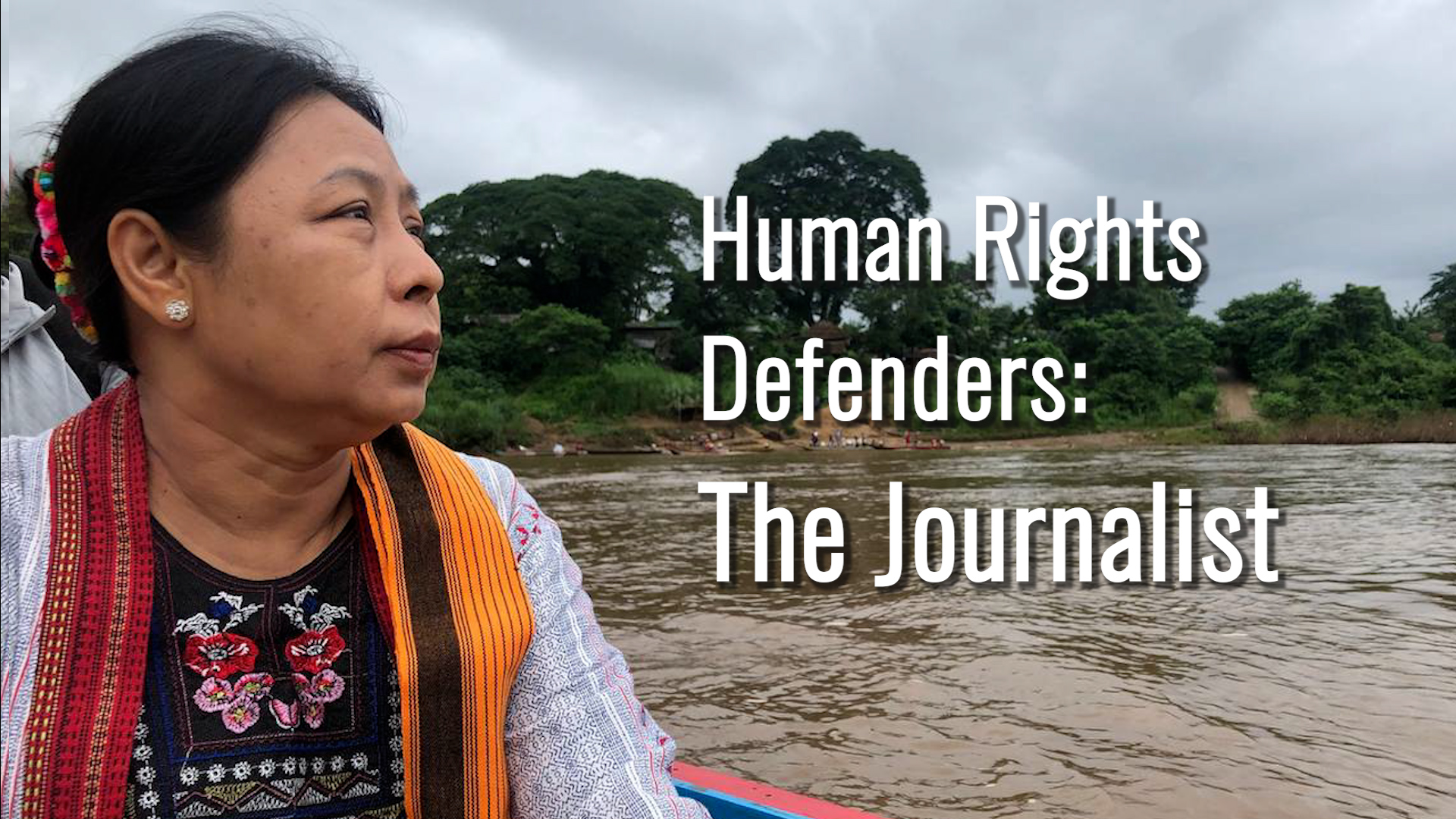Reuters executive editor Mr Reg Chua tells Frontier’s Thomas Kean about the news agency’s campaign to free its reporters and the “chilling” effect their arrest will have on Myanmar’s media.
Has the government formally contacted Reuters about Ko Wa Lone and Ko Kyaw Soe Oo?
It depends on what you mean by formally contacted. We went to the police station yesterday and we were informed by an officer that he had seen the two of them two days ago. We’ve been allowed now to bring supplies and give it to police who say they will bring it to the two of them. But in terms of other, real contact, we’ve had very little contact, we’ve had no access to the two of them, the families have no access to the two of them, we haven’t really had any formal communications about what charges might be filed against them, we don’t know their condition, we don’t know their whereabouts.
How concerned are you for their safety?
Our concerns are that we have very little information to go on. I simply have no idea – are they well, are they not well, are they ill? If you speak to their wives, they’ll say, they’re distraught – they haven’t had any information. Imagine being away from your family for a week and just having no sense of where they are. We don’t have any specific concerns but of course we’re concerned about their wellbeing.
What does this say about the state of media freedom in Myanmar?
First of all, we don’t think they’ve done anything wrong. We think they’re innocent, they’re just doing their job and for them to be arrested to begin with is an outrage and they should be released.
More broadly, the law that has been said would be applied to them, the Official Secrets Act, is such a broad law that, really, if you think about it, almost everyone – you, me, somebody on the street – is probably guilty of breaking some provision of it at some point. That’s not the sort of law that I think should be applied to journalists. If you think about the two of them, they haven’t even published a word and they’ve been held already.
Many people are saying that the journalists had classified documents and therefor broke the law and the military was acting in the country’s interests by protecting national security. How do you counter that narrative?
To begin with, we don’t know if that’s true or not true. I think the second issue is, what is classified information? Journalists traffic in information all the time. People come to them and give them information, they make good judgements about what is in the public interest and what isn’t. I think the real issue is not so much if you’re in possession of information because in many cases if people give you information you’re not in a position to say I don’t want it – you should be looking at it, because that’s the role of a journalist. Really, if there are national security concerns it’s really about what you publish than what you have. I think that’s the far more critical area to be looking at than possession.
What do you think the intention is behind these arrests – is the military trying to send a message?
Support more independent journalism like this. Sign up to be a Frontier member.
I wish I knew what the intentions were. We have even less information about why they were arrested and what they [the military] are doing. I don’t know what the intentions are but I do think that any situation where journalists are arrested, journalists are threatened, journalists are harassed, clearly sends a chilling signal to the rest of the journalistic community and that is a problem. It’s a problem for society at large, it’s a problem for the citizenry – those are the people who ultimately suffer if they don’t have access to information.
What were you trying to achieve by coming to Myanmar and how productive was your visit?
Well, the most productive thing would have been the release of the two of them and we did not accomplish that. But I came because I needed to see the family, I needed to meet the bureau, I needed to talk to lawyers, I needed to talk to the press, I needed to talk to members of civil society, to analysts, to diplomats – and that, I’ve accomplished. I’ve come and I’ve got an understanding of the situation and as I say I wish there was a better, more optimistic outcome to this but of course we’re in this for as long as it takes to get them free.
Editor’s note: Chua refused to discuss what the journalists were covering prior to their arrest or reports linking their arrest to the recent discovery of a mass grave in Rakhine State.


